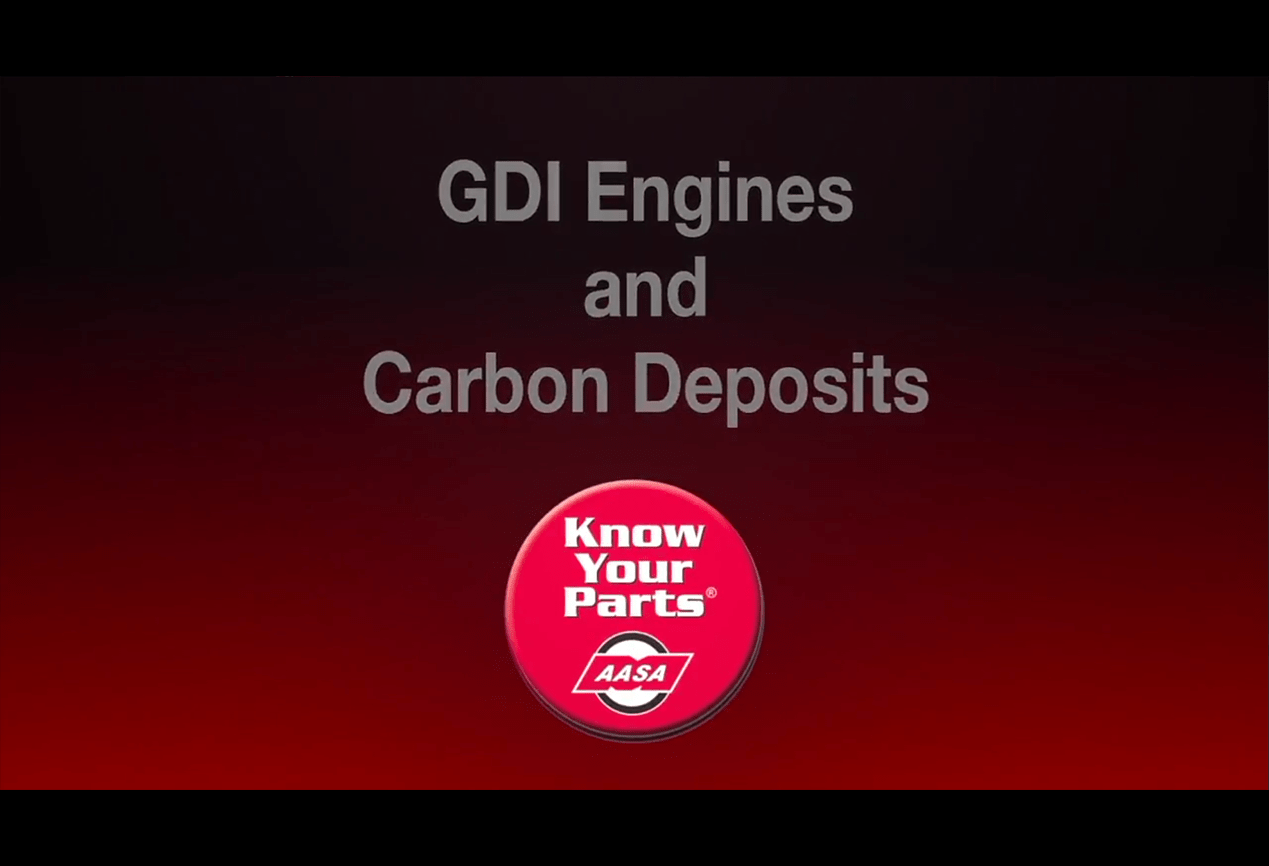On conventional engines, the fuel is injected into the engine along with the intake air, so it effectively mixes on the way in. This wets and helps clean the intake valves as fuel is very corrosive.
To aid emissions and help meet CO2 emissions some exhaust gases are recirculated into the intake, this helps warm up the engine, forces a cleaner burn of the partially burnt fuel and the heat generally helps the combustion process.
This oily, carbon riddled intake gases come into the engine via the valves, where the carbon and soot builds up on the intake.
As the fuel is injected directly into the cylinders there is no cleaning process going on, so if the engine is used at low inefficient burning speeds the carbon build up will become evident. Driving it hard, keeps things going cleanly and fewer dirty particles are fed back into the intake.
The larger engines and lower rpm driving bands are the main causes. As fuel is generally all burnt in a fast flowing high revving burn cycle there is nothing to go back into the engine.
Makes have added catch cans, filters and similar to help mitigate the problem, and some are even reverting to a little fuel injection into the intake to help clean the valves.
Drive it hard and use a good quality fuel and fuel cleaner from time to time and you'll have little problems with carbon build up.
The more modern an engine is the better designed it will be, older direct injections are more susceptible to the problem.






